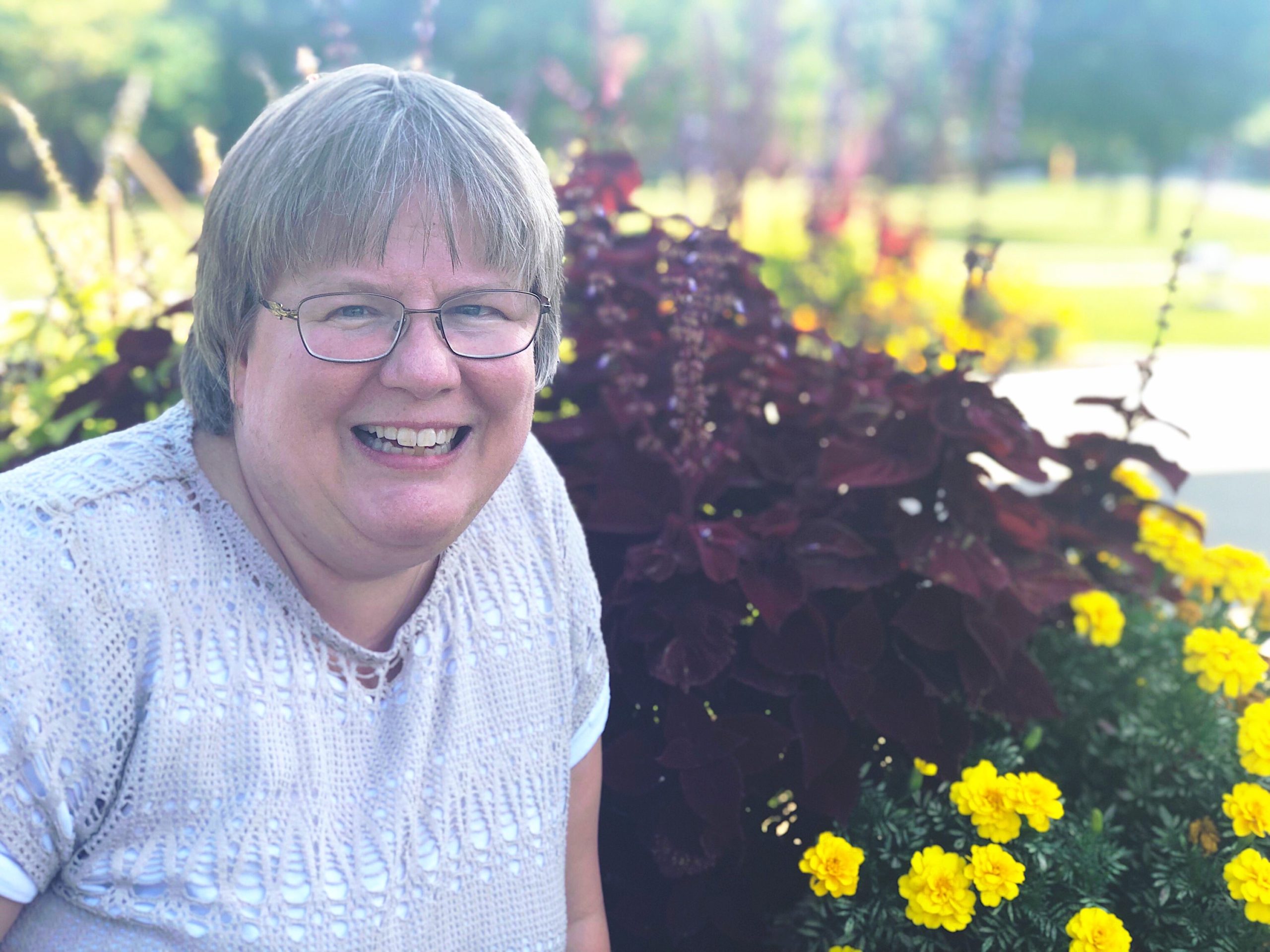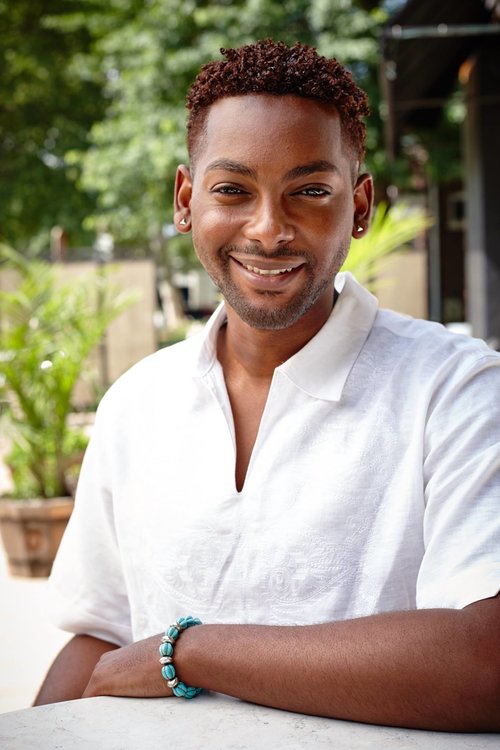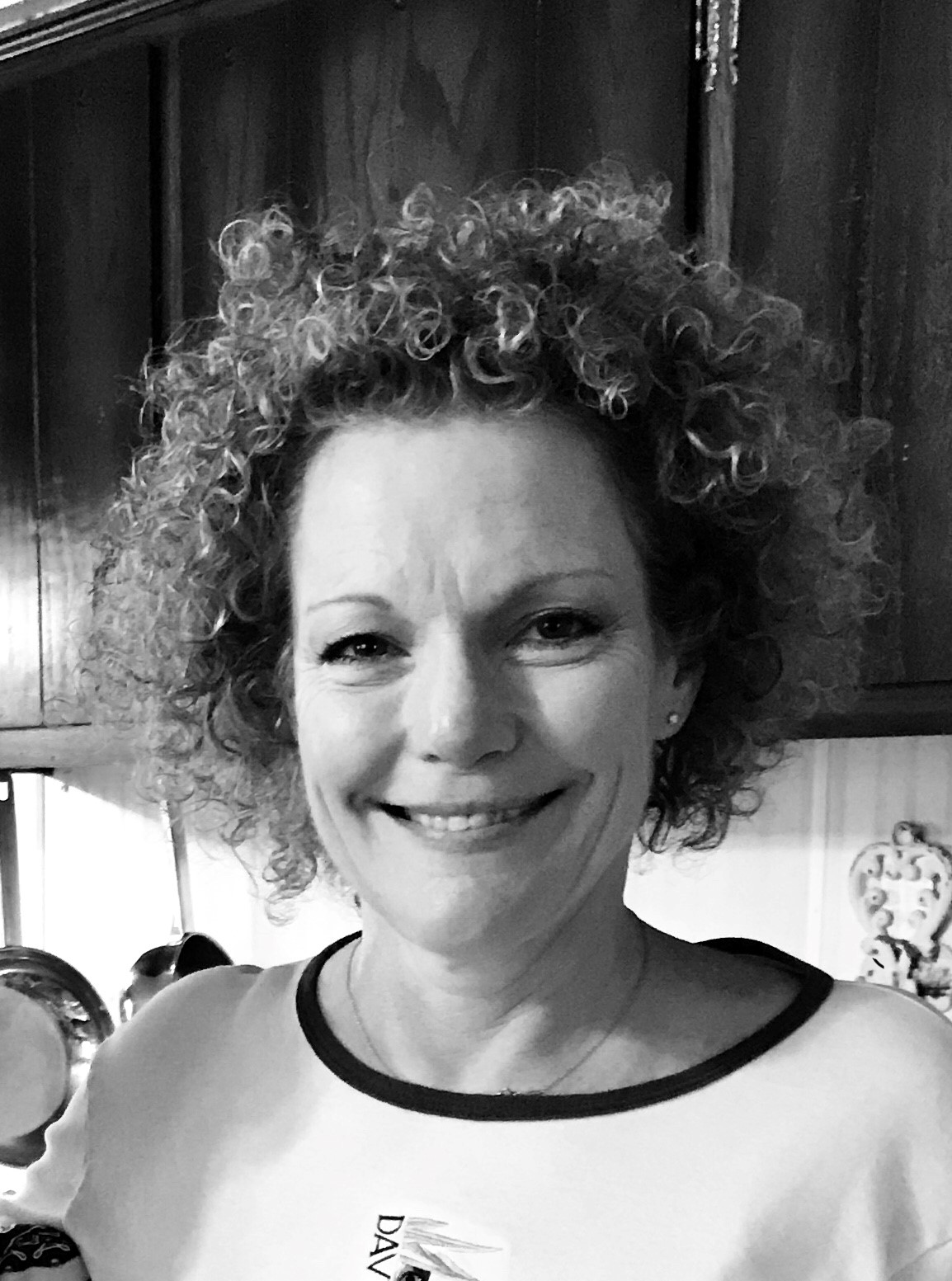Clary, Pam, PhD, MSW
Dr. Pam Clary is an Associate Professor and Director of the Bachelor of Social Work Program at Missouri Western State University. She came to MWSU in 2007. Dr. Clary received her BSW (’87) from Kansas State University, MSW (’91) from the University of Kansas and her PhD (’14) from Kansas State University. She has over 20 years of direct clinical experience and almost 20 years of teaching experience (BSW and MSW classes), along with several years of administrative experience. Dr. Clary’s social work experience includes working with children, youth and families with mental health issues, Parent/Child Sex Educator, licensed clinical social worker working with victims of sexual abuse and domestic violence and home health. In addition, Dr. Clary has been and continues to be actively involved in the community. She sits on community boards, task forces, sub-committees and is involved in ongoing professional activities that promote diversity and social justice. She is licensed in both Missouri and Kansas.
Presentation(s):
Help That Helps: Understanding Adverse Childhood Experiences






